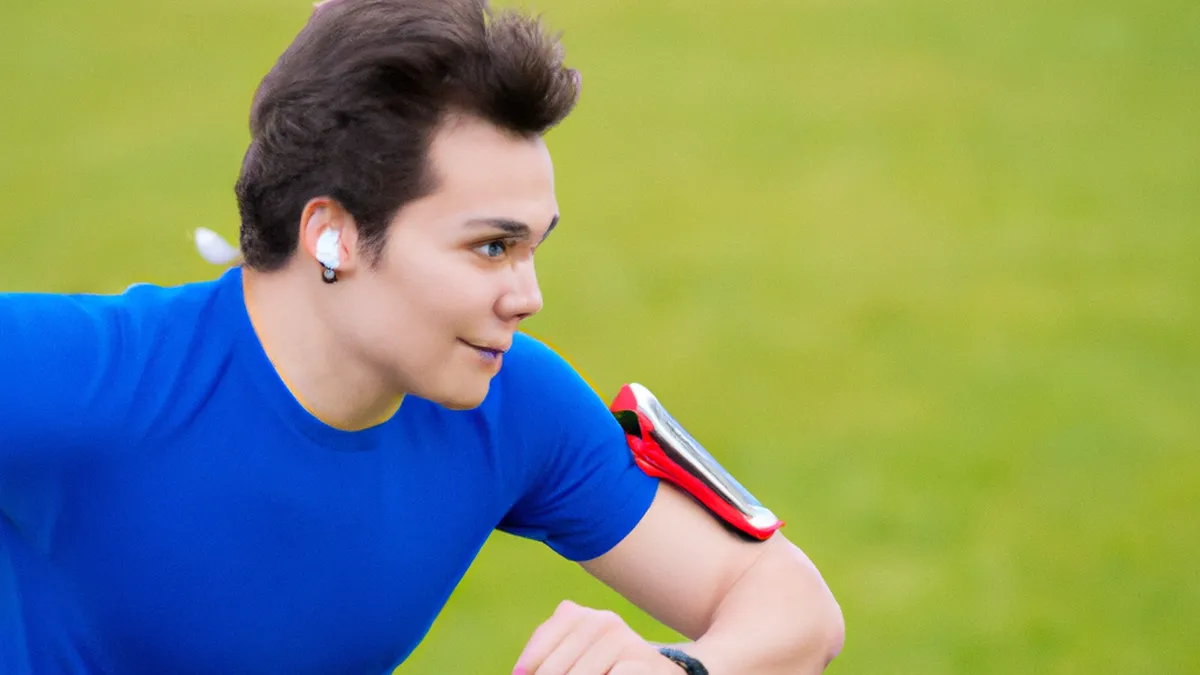Set Effective Goals for Young Athletes
Mental Skills for Young CompetitorsCompeting in sports excites and challenges young athletes. They often face pressures from parents, coaches, and their own expectations. Developing mental skills proves vital for athletic success. These skills help athletes focus, manage stress, maintain positivity, and build resilience. This blog post explores essential mental skills and offers practical tips for young competitors.
The Importance of Mental Skills
Physical training plays a crucial role in athletic success. However, mental skills often determine performance under pressure. A strong mental game enhances performance and fosters a lifelong love for sports. Additionally, athletes with well-developed mental skills cope with setbacks, manage anxiety, and maintain confidence. These attributes contribute to their growth as individuals and competitors.
Enhancing Focus
Focus allows athletes to concentrate on tasks and perform their best. Here are practical tips to enhance focus:1. **Set Specific Goals:** Goals provide direction and motivation. Encourage athletes to set short-term and long-term goals. For example, improving a skill during practice serves as a short-term goal, while achieving a personal best in competition serves as a long-term goal. Clear objectives help athletes channel their efforts effectively.2. **Practice Mindfulness:** Mindfulness techniques improve focus significantly. Encourage athletes to practice breathing exercises or meditation. These techniques clear distractions and enhance concentration, allowing athletes to stay present during competitions. They can integrate mindfulness practices into warm-ups or team meetings.3. **Visualize Success:** Visualization serves as a powerful mental tool. Athletes should visualize themselves succeeding in their events, imagining every detail from movements to emotions. This practice prepares their minds for actual performance and builds confidence, reinforcing belief in their abilities.
Managing Stress
Stress inevitably accompanies competitive sports, but managing it effectively enhances performance. Here are strategies to help young competitors cope with stress:1. **Develop a Pre-Performance Routine:** A consistent pre-performance routine calms nerves and sets the stage for optimal performance. Athletes should create a pre-performance checklist that includes warm-ups, visualization, and positive affirmations. This routine helps athletes feel in control and focused, reducing anxiety before competitions.2. **Use Positive Self-Talk:** Positive self-talk combats negative thoughts during competition. Athletes should practice replacing self-doubt with affirmations. Simple phrases like, “I am prepared,” or “I believe in myself,” boost confidence and reinforce a positive mindset.3. **Learn Relaxation Techniques:** Teach athletes relaxation techniques like deep breathing and progressive muscle relaxation. These methods reduce anxiety.
Conclusion
As an Amazon Associate I earn from qualifying purchases.
Gear tip: consider power meter, cadence sensor, and bar speed tracker to support this topic.
In summary, mental skills significantly enhance performance for young competitors. By focusing on goal-setting, mindfulness, visualization, stress management, and positive self-talk, they can thrive in sports.
Below are related products based on this post:
FAQ
Why are mental skills important for young athletes?
Mental skills are crucial for young athletes as they often determine performance under pressure. These skills enhance focus, manage stress, and foster resilience, which contribute to both athletic success and personal growth.
What are some effective ways to enhance focus in young competitors?
To enhance focus, athletes can set specific goals, practice mindfulness techniques, and visualize their success. Setting clear objectives helps channel their efforts, while mindfulness and visualization prepare their minds for optimal performance.
How can young athletes manage stress during competitions?
Young athletes can manage stress by developing a pre-performance routine, using positive self-talk, and learning relaxation techniques. These strategies help calm nerves, boost confidence, and reduce anxiety, allowing athletes to perform at their best.















Post Comment